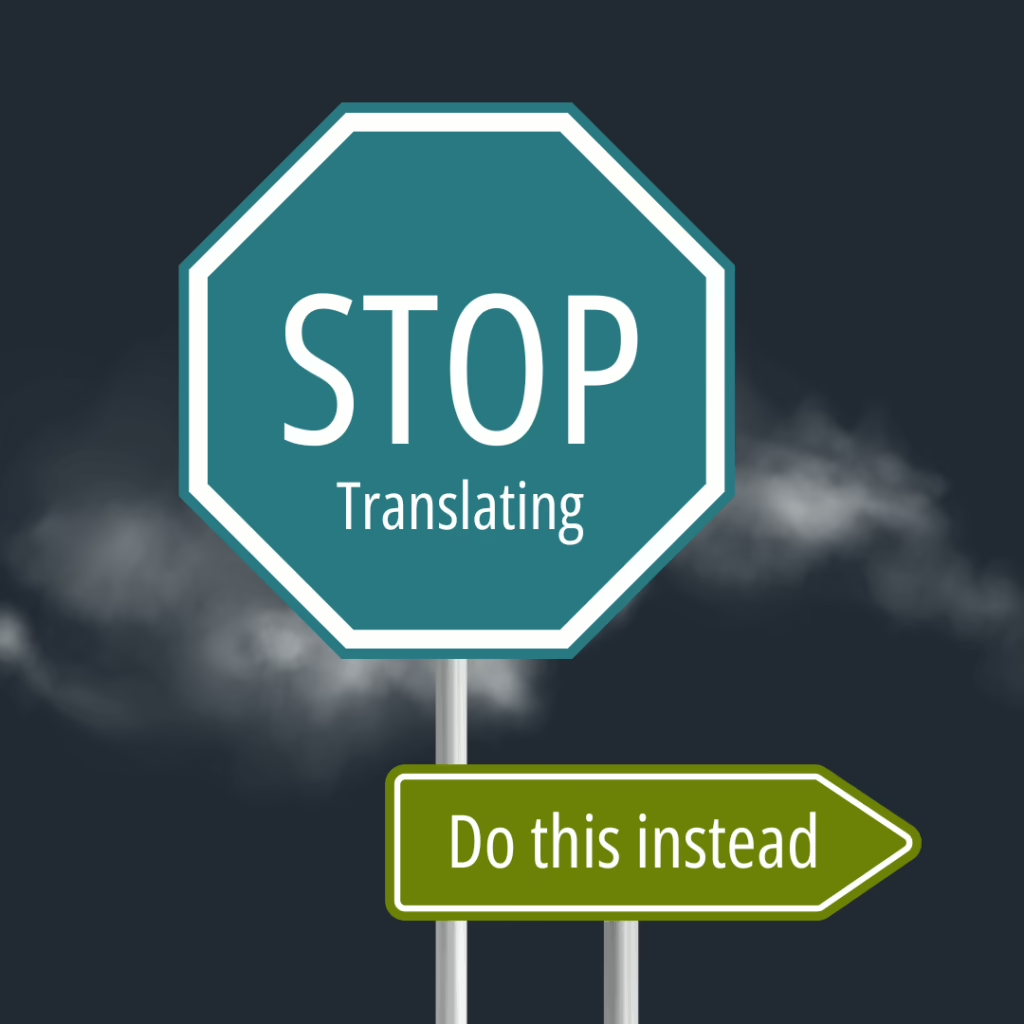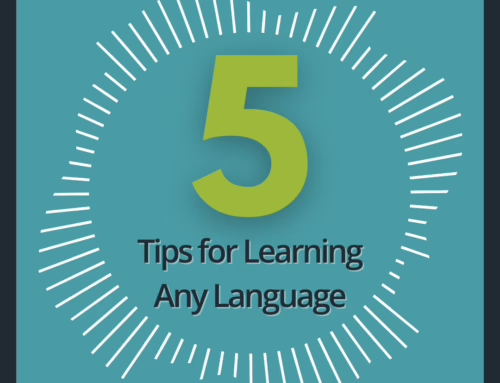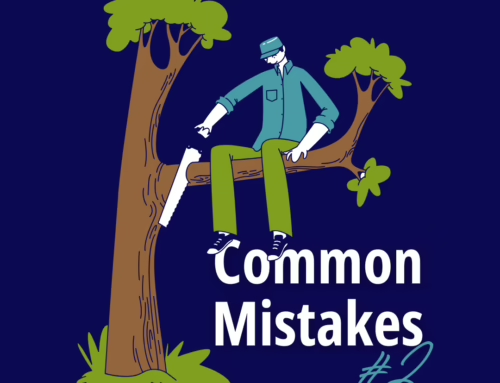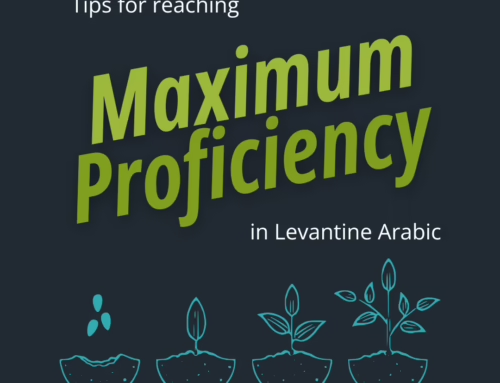Stop Translating: How to Think in Arabic
In today’s episode, we explore a critical aspect of learning Arabic that can make or break your fluency: stopping the habit of thinking and translating from your first language.
We look at why mental translation limits your understanding and communication ability in Arabic—and how immersing yourself can unlock the richness of Arabic.
Why You Should Stop Translating Directly
I have four main reasons why you should avoid translating from your first language when learning Arabic.
1. Translation Is Like Wearing the Wrong Glasses
It’s like putting on glasses with the wrong prescription.
Language is deeply tied to culture. Words aren’t just words—they carry cultural meanings, references, and nuances that come from the context in which they’re used.
For example, the English word “accident” doesn’t neatly translate into one Arabic word. Arabic uses different words depending on whether it’s a car accident, a mistake, or something unintended. If you put “accident” on a flashcard with one Arabic equivalent on the other side, you would miss all those nuanced meanings. Each situation requires its own expression. It’s better to learn how Arabs express specific thoughts in specific situations rather than assuming there’s always a one-to-one equivalent.
Recently I heard an Arabic learner attempt to say in Arabic, “It’s not that far, but far enough to take a taxi.” My Jordanian colleague could not grasp what he was trying to say because there is no really good way to communicate that thought in Arabic. His effort is to be applauded–after all, this is how we learn; we make an attempt based on a hypothesis. But it demonstrates how often we try to bring our own cultural script and translate it onto another language.
We must instead ask, “How would an Arab express this idea?” rather than translating directly from our own way of thinking.
2. Thinking in Your First Language Limits Growth
Thinking in your first language stunts long-term growth in Arabic. Immersion and direct thinking in Arabic help you build connections between concepts, culture, and language—something translation can never fully provide.
Linguists remind us that words don’t contain meaning on their own; meaning comes from the language that surrounds them. So, when you learn a new word, don’t just ask for its definition. Ask your teacher or language coach to help you link it with other words that commonly appear with it.
For example, take the English word “chronic.” What usually comes after it? Chronic pain, chronic illness, chronic stress, chronic fatigue. These combinations help us understand how the word functions in real contexts.
You can do the same in Arabic. Pick a word and see which other words it naturally connects with. This gives you a fuller picture of meaning than simply memorizing a translation. This method also reinforces other vocabulary, making your learning richer and more time-efficient.
3. Exact Equivalents Are a Myth
Some scholars argue that exact equivalents don’t exist. Believing they do actually diminishes a language’s cultural depth.
Consider Arabic concepts of honor. In English, “honor” might bring to mind a single idea or image. But in Arabic, there are several related words—karāmeh, sharaf, qīmeh—each with its own shade of meaning and social context. Understanding when and how to use each one requires exposure to real-life usage, not direct translation. If you simply translate “honor” as “sharaf,” you’re missing an entire web of meaning and cultural richness.
4. Translation Can Reinforce Colonial Thinking
This final reason is deeply important to me.
When we center English (or any dominant global language) as the framework through which we learn Arabic, we risk reinforcing colonial patterns of thought. English dominates global communication, and this dominance can lead to what linguists call linguicide—the disappearance of languages and their cultural worlds.
Immersive Arabic learning should therefore resist forcing Arabic into English frameworks. Arabic was not created through English; it emerged from the Arab experience, history, and worldview. Reducing it to English meanings robs it of its dignity and depth.
I sometimes hear learners say they avoid listening to Arabic audio that includes religious content. When I hear that, I feel pity for the learner. In the Arab world, language and religion are intertwined. You can’t truly understand how Arabs think or speak without understanding the religious expressions that shape their daily language.
To separate language from culture—or culture from faith—is to miss the heart of communication itself.
How to Stop Translating and Start Thinking in Arabic
So, how can you break the habit of translating? Here are some practical steps:
-
Connect new vocabulary to experiences or visuals, not to words in your first language.
For example, when you learn the word for “table,” picture a table or point to one—don’t write its English equivalent. -
Notice word partnerships.
Learn chunks and expressions, not isolated words. For example, pay attention to which prepositions accompany verbs or which adjectives describe particular nouns. -
Avoid one-to-one flashcards.
Instead, create cards with short phrases or collocations (e.g., “go to the market,” “a cup of tea,” “drive slowly”). -
Listen to Arabic throughout your day.
Fill your environment with Arabic—music, podcasts, background audio, or conversations at the market.When I shop for groceries, I often talk to myself in Arabic: “Where’s the milk? I need tomatoes.”
This kind of self-dialogue helps your internal thoughts shift into Arabic naturally. -
Be alert to how native speakers express ideas.
Ask yourself: What would an Arab say here? rather than How would I say this in English?This is how you begin to adopt the scripts of interaction used in Arab culture, and eventually, you start to feel a deeper sense of belonging.
Final Thoughts
Learning to think in Arabic doesn’t just make you a better speaker—it makes you a better listener, a better understander of people, and ultimately, a better respecter of culture. When you stop translating, you start participating. Thinking in Arabic opens the door to richer comprehension and more natural communication.
Thanks for listening, and if you found this helpful, stay tuned for more episodes about mastering Arabic through immersive, culture-rich learning methods.





